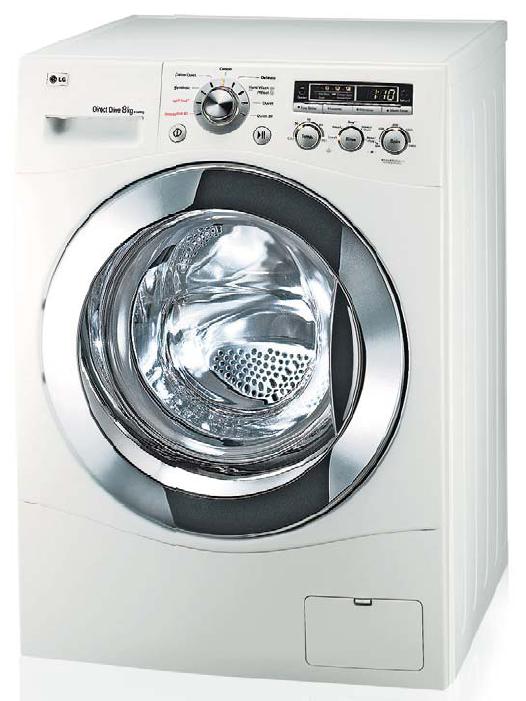As part of President Joe Biden’s ongoing efforts to reduce energy use in an effort to fight climate change, in December 2021, Biden issued an executive order, titled “Catalyzing Clean Energy Industries and Jobs Through Federal Sustainability.”
The EO orders federal agencies to change how they “build, buy, and manage electricity, vehicles, buildings, and other operations to be clean and sustainable, including by establishing targets for fiscal year 2030 for agency-wide facility energy use intensity and potable water use intensity.”
Going beyond directing how the federal government uses energy, the Biden administration is also issuing energy efficiency regulations, to restrict the energy and water used by dozens of appliances and devices.
Since Biden took office, the U.S. Department of Energy (DOE) has 104 issued active regulatory actions addressing the energy and water efficiency of devices in common use in homes and businesses.
Savings or Not?
The DOE is currently seeking public comments on proposals setting new standards for how much water and energy residential washing machines can use.
These regulations as proposed will effectively ban the manufacture or importation of existing products not meeting the new efficiency targets, thus reducing consumers’ range of product options.
Based on past experience, the new higher efficiency appliances will likely be more expensive to purchase than existing models. The DOE claims the new rules will save consumers money over the life of the machines through lower energy costs.
Research published in the journal Economics of Energy and Environmental Policy found promised savings from previous DOE efficiency mandates for washing machines and refrigerators did not produce the savings promised.
In particular, the research found, compared to the previous generation of washing machines and refrigerators, the new, more expensive, high efficiency appliances developed to meet DOE efficiency standards, did not reduce the amount of energy used as much as anticipated, had higher maintenance and operation costs, were less reliable, and had shorter functional product lifespans.
As a result, for many consumers, the amount of savings from reduced energy use, failed to make up for the overall purchase, operating, and replacement costs of the machines.
Past research has also shown DOE efficiency mandates for other devices, such as toilets, dish washers, and light bulbs, also produced products with shorter than promised product lifespans that use more energy or water than estimated, often resulting in overall increase in cost to consumers.
Let Consumers Choose
The government should not substituting its judgement for consumers’ about what features they should value in appliances; energy use may not be the most important consideration for consumers, says Tim Benson, a policy analyst at The Heartland Institute, which publishes Environment & Climate News.
“These actions are just more unneeded regulatory micromanagement from the federal government that will interfere with consumer choice and unnecessarily add to costs, making appliances more expensive for the working families who need to shell out the money for them,” Benson said. “Bureaucrats may have to find things to do to justify their jobs, but people don’t need the feds holding their hands and deciding for them which appliances are efficient enough.”
Kenneth Artz (KApublishing@gmx.com) writes from Dallas, Texas.



























[…] post The Biden Administration Proposes Energy and Water Efficiency Regulations for Washing Machines appeared first on Heartland Daily […]